What is Thyroid Gland?
The thyroid is a small, butterfly-shaped gland in your neck. It makes two main hormones, T4 and T3, that control how your body works.
These hormones help your body use energy, keep warm, and keep your organs working properly, including your heart, stomach, muscles, and brain. They're really important for kids' brain growth too. The brain helps to keep the thyroid's hormone levels just right.
Factors that Affect the Thyroid Function
These are factors that can affect production of thyroid hormones:
- Stress
- Infection
- Trauma
- Radiation
- Medications
- Toxins and other Autoimmune Diseases
Nutrients that contribute to proper production of thyroid hormones.
- Iron
- Iodine
- Tyrosine
- Zinc
- Selenium
- Vitamin E, B2 B3 B6, C and D
Tired of Weight Fluctuating?
Find Balance: Thyroid Health for Hormonal Harmony.

Monoiodothyronine
T1 is a thyroid hormone that's not well understood yet. It's found in very small amounts in our bodies and may play a small part in how we use energy in the body.

Diiodothyronine
T2 is less well-known and not as thoroughly researched as T4 and T3. However, it's believed to play a role in the body's metabolic processes. Some studies suggest T2 may help fine-tune the body’s metabolism, but its exact functions and mechanisms are still being explored.

Triiodothyronine
T3 is the active form of thyroid hormone and is converted from T4. It has a more potent effect on the body than T4, directly impacting your metabolic rate. T3 helps control how you use energy, affecting everything from your heart rate to how quickly you burn calories.

Thyroxine
T4 is the primary hormone produced by the thyroid gland. It's like a storage hormone, acting as a reservoir that the body converts into the more active T3 hormone as needed. T4 plays a vital role in regulating your metabolism, influencing how fast or slow your body uses energy.
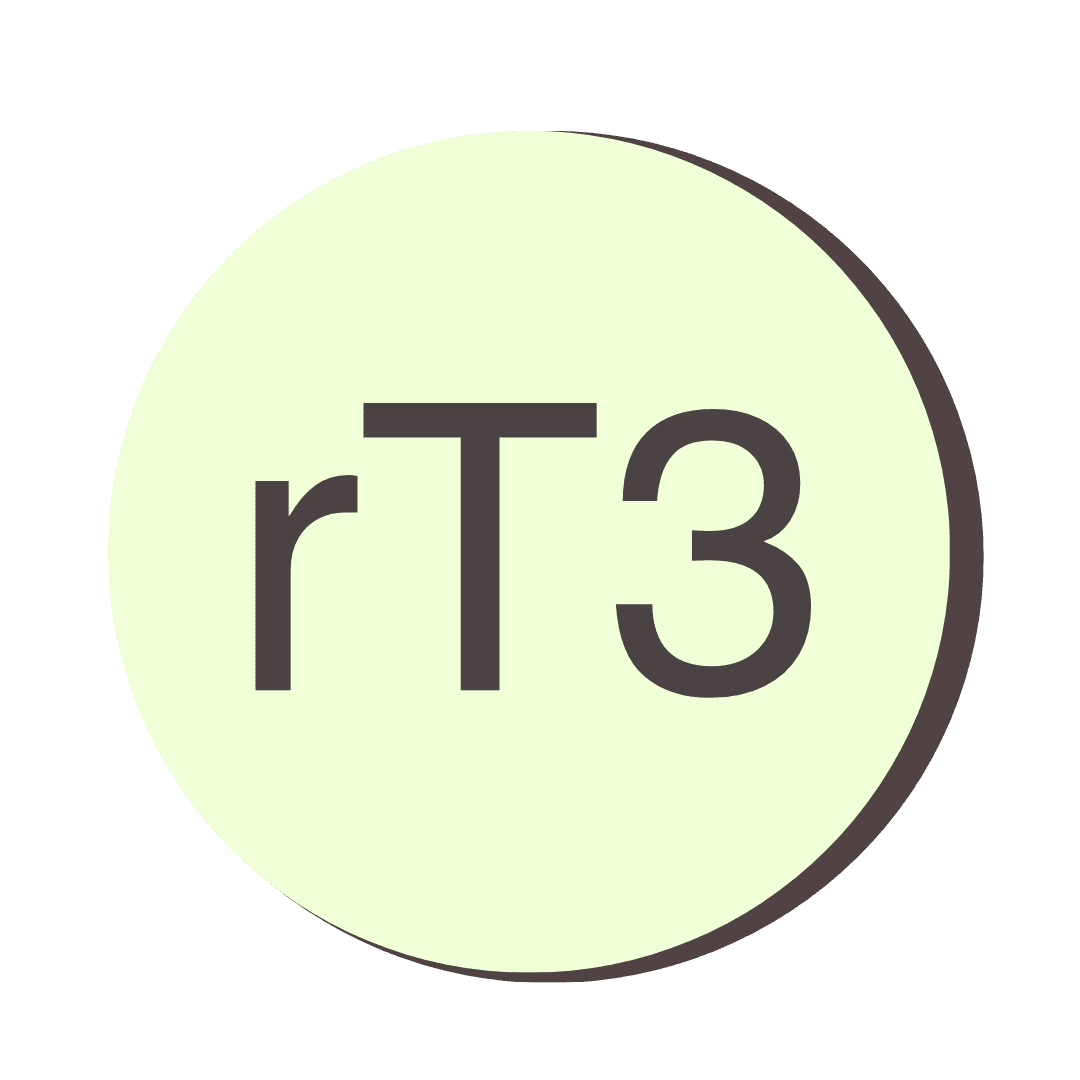
Reverse T3
Reverse T3 (rT3) is a form of the thyroid hormone that is inactive. It’s produced in the body from the conversion of T4 (another thyroid hormone) but unlike T3, it does not activate cells to produce energy. High levels of rT3 can slow down metabolism and are often seen in situations of stress or illness, where the body is trying to conserve energy.
Naturopathic Treatment Options at NES™
At Natural Endocrinology Specialists™ (NES) we offer a holistic approach to the management of thyroid conditions focusing on naturopathic treatment options that consider the whole person—body, mind, and spirit. Our goal is to not only address the thyroid diseases themselves but also to enhance overall health and well-being.
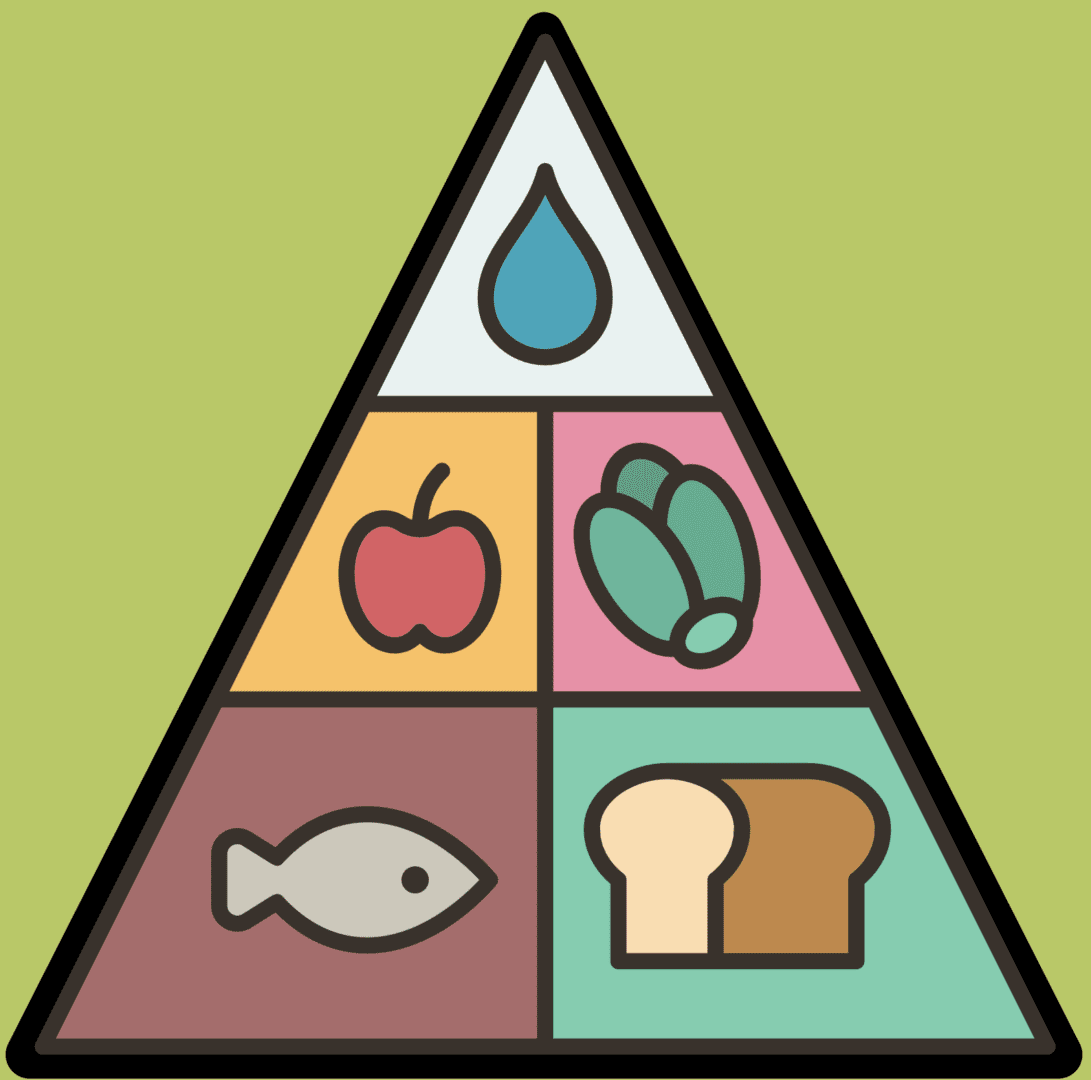
Dietary Adjustments
We advise a diet full of nutrients that aid thyroid health and lower inflammation including more antioxidants and selenium-rich foods.
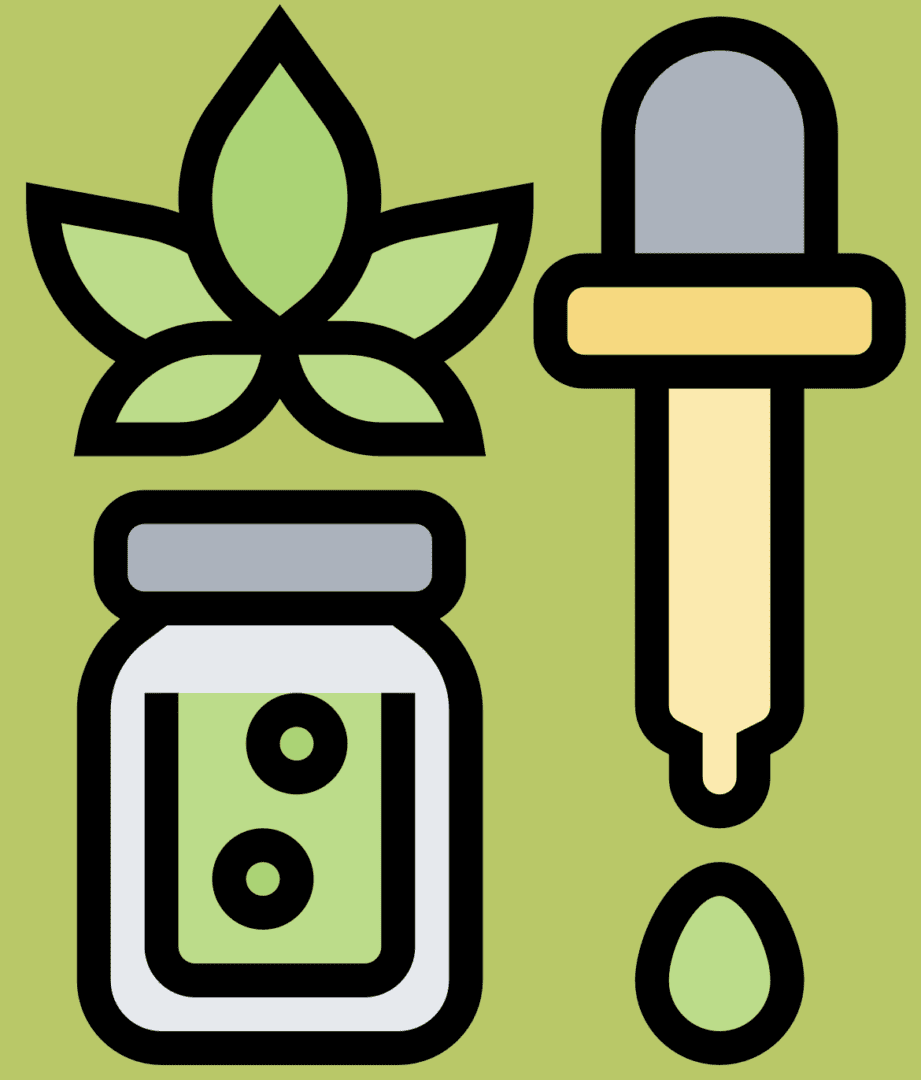
Herbal Medicine
Here at NES™, we use specific herbs tailored to your health needs to support your thyroid and balance your immune system.

Supplementation
Targeted supplements such as iodine and vitamin D can be crucial in managing thyroid health especially if deficiencies are identified.

Stress Management
Techniques such as meditation, yoga, and deep breathing exercises are encouraged to reduce stress which can impact thyroid function.

Lifestyle Counseling
We look at sleep patterns, exercise habits, and environmental exposures that could affect thyroid health and provide guidance to optimize these areas.

Monitoring
We keep a close watch on thyroid nodules and function with regular ultrasounds and lab tests, adjusting your treatment as needed.
Autoimmune Disease
The thyroid gland, part of the endocrine system, can become a target for the immune system, leading to autoimmune diseases such as Hashimoto's thyroiditis and Graves' disease. In these conditions, the immune system mistakenly attacks thyroid cells, disrupting hormone production. Hashimoto's often results in hypothyroidism (underactive thyroid), while Graves' can cause hyperthyroidism (overactive thyroid).
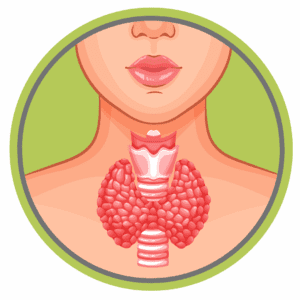
HYPOTHYROID
Hashimoto's Thyroidtis
Hashimoto's thyroiditis, a common autoimmune disorder, affects the thyroid gland, leading to symptoms like fatigue, weight gain, and cold sensitivity due to reduced hormone production.
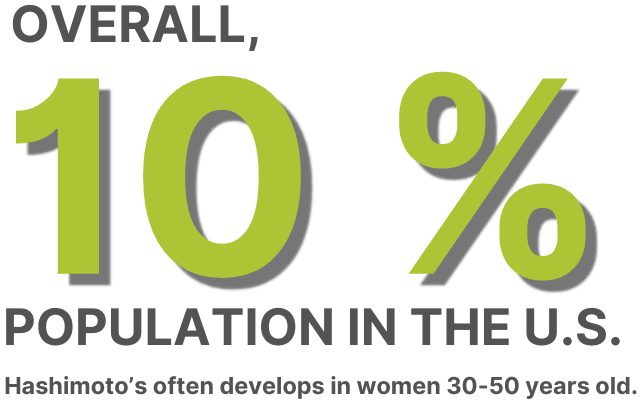 Learn More
Learn MoreHYPERTHYROID
Graves’ Disease
Graves
Graves' disease is an autoimmune disorder that often causes hyperthyroidism, or an overactive thyroid. This condition leads to the excessive production of thyroid hormones, triggering symptoms such as rapid weight loss, heightened anxiety, and heart palpitations.
Learn MoreThyroid Eye Disease
Thyroid Eye Disease (TED), also associated with Graves' disease, is an autoimmune condition impacting the tissues around the eyes. It often manifests through symptoms such as discomfort or grittiness in the eyes, puffiness of the eyelids, and sometimes a pronounced bulging of the eyes. It can also lead to more severe issues like light sensitivity, changes in vision, and eye pain.
Learn MoreNon-Autoimmune Diseases
This section delves into specific thyroid disorders that arise without infection, where thyroid hormone production is insufficient. These conditions, while not caused by infection, significantly impact thyroid health and require careful management, particularly during the sensitive period of pregnancy. Understanding and treating these disorders is essential for maintaining thyroid health.

Sub-Acute
Thyroiditis
An inflammation of the thyroid gland, often triggered by a viral infection. It causes neck pain, swelling, and can temporarily affect thyroid hormone levels. Treatment usually involves anti- inflammatory medications, and the condition generally resolves on its own, restoring normal thyroid function.
Learn MoreAcute Inflammatory Thyroiditis
A rare but severe condition where the thyroid gland becomes infected, usually by bacteria. It causes intense neck pain, swelling, fever, and can affect thyroid function. Diagnosis typically involves blood tests and imaging, while treatment primarily includes antibiotics and, in some cases, surgery to address any abscess. Quick medical intervention is essential for recovery.
Learn MorePregnancy-Induced Hypothyroidism
The thyroid gland underperforms during pregnancy, often causing symptoms like fatigue and weight gain. It's important for maternal and fetal health, and is typically treated with thyroid hormone replacement therapy to maintain safe hormone levels for both mother and baby.
Learn MoreIodine Induced Hyperthyroidism
This condition occurs when an excess of iodine in the diet leads your thyroid gland to produce too much thyroid hormone. This overactivity can speed up your metabolism, causing symptoms like weight loss, rapid heartbeat, and nervousness.
Learn MoreIodine Induced Hypothyroidism
In contrast, this happens when too much iodine causes the thyroid to slow down, leading to insufficient production of thyroid hormones. This can result in a slower metabolism, leading to symptoms like fatigue, weight gain, and feeling cold more easily.
Learn MoreOther Thyroid Condition
Thyroid nodules are often harmless lumps in the thyroid gland, usually benign and asymptomatic, but they can sometimes produce excess hormones or signify thyroid cancer. Treatment varies from monitoring to surgery, depending on their activity and potential malignancy. Thyroid cancer, while rarer, is treated through surgical removal of the thyroid, radioactive iodine to destroy cancerous cells, and hormone therapy to maintain thyroid function, emphasizing the importance of personalized care for optimal health outcomes.

Thyroid Nodules
These are growths in the thyroid that can be benign or malignant. Thyroid nodules can sometimes produce thyroid hormones independently of the thyroid gland's control mechanisms, leading to hyperthyroidism. Treatment may involve monitoring, medication, or surgery if the nodules are overactive or suspected to be cancerous.
Learn MoreThyroid Cancer
While not always directly affecting thyroid hormone levels, thyroid cancer can disrupt the normal functioning of the thyroid gland. Treatment for thyroid cancer depends on the type and stage of the cancer and may include surgery, radioactive iodine treatment, or thyroid hormone therapy.
Learn MoreGraves’ Common Comorbidities
This overview addresses Graves' Disease and its significant comorbidities, emphasizing the need for holistic management. Key associated conditions include Thyroid Eye Disease, osteoporosis, celiac disease, fertility issues, and heart arrhythmias. The document highlights the importance of comprehensive health assessments and personalized care to ensure the well-being of individuals with Graves' Disease.
Learn MoreHashimoto’s Common Comorbidities
This overview highlights the relationship between Hashimoto's Thyroiditis and its frequent comorbidities, such as obesity, celiac disease, and heart disease. It stresses the importance of comprehensive care, noting that effective management of Hashimoto's involves more than thyroid treatment—it requires monitoring and addressing multiple associated health issues to ensure holistic patient health.
Learn More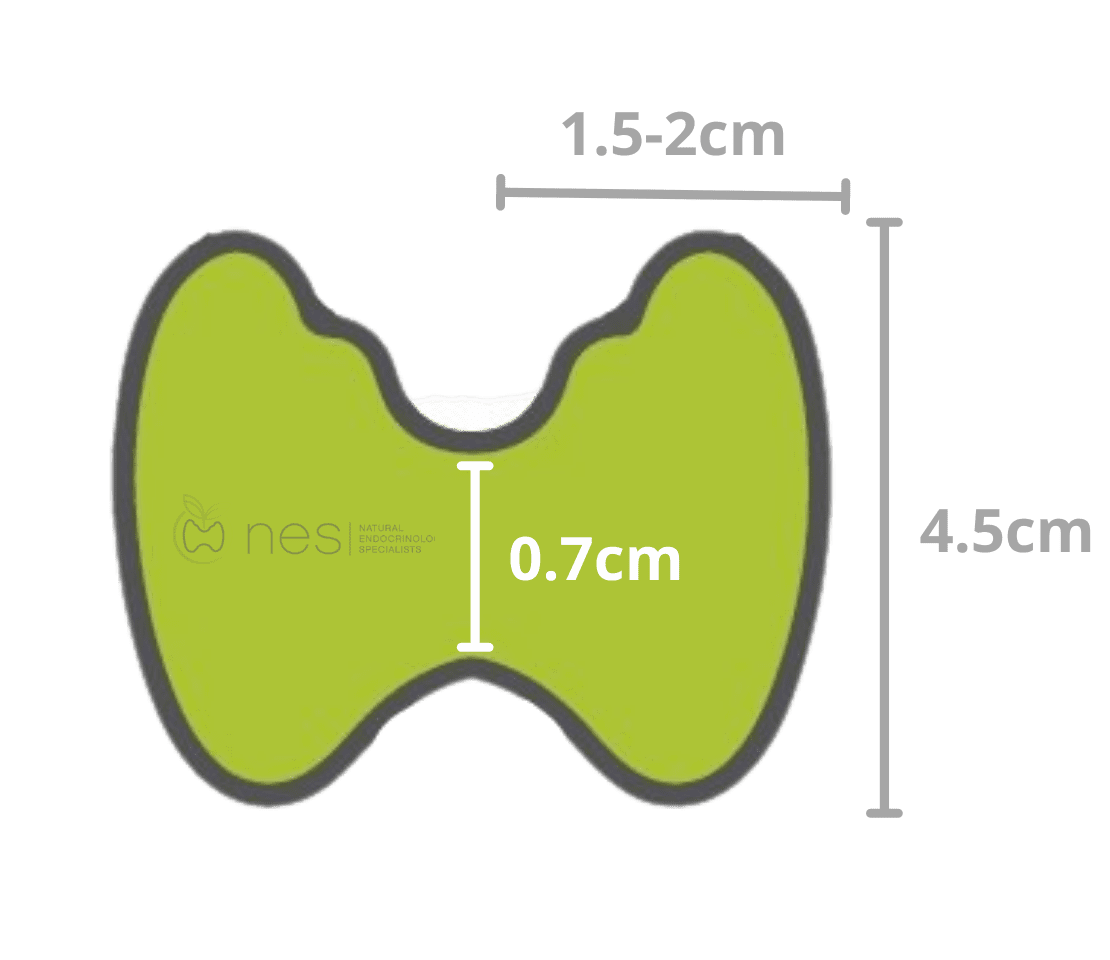














 Learn More
Learn More

